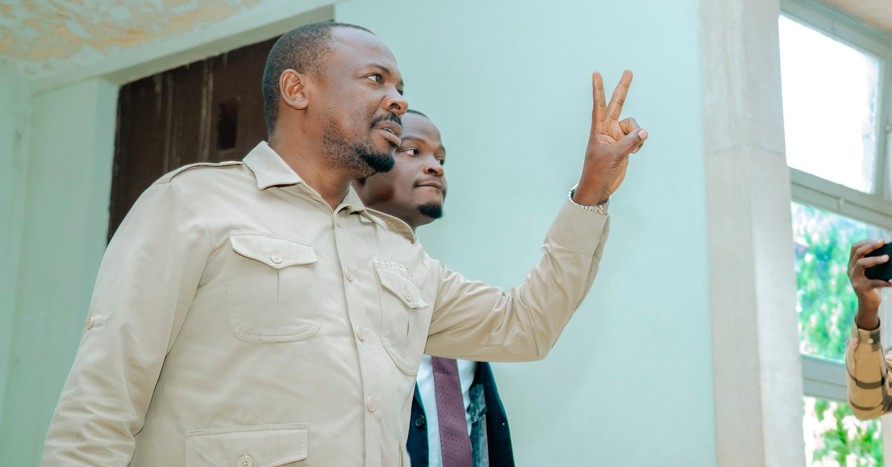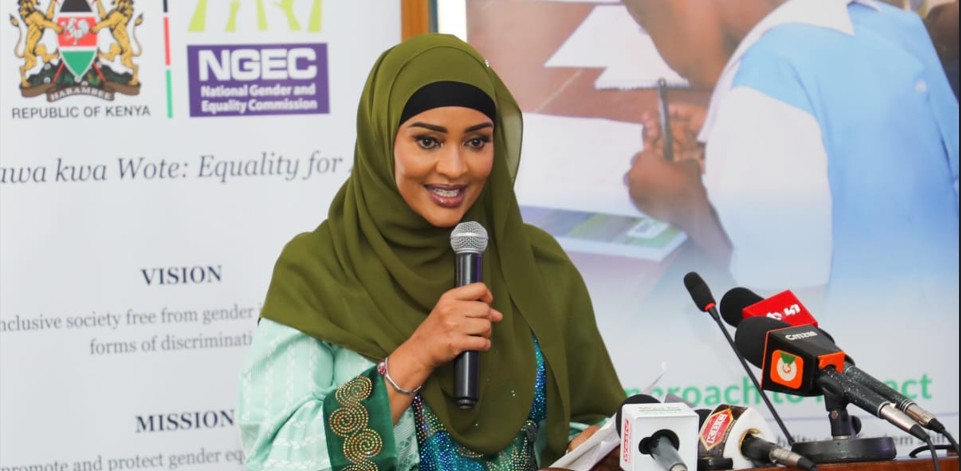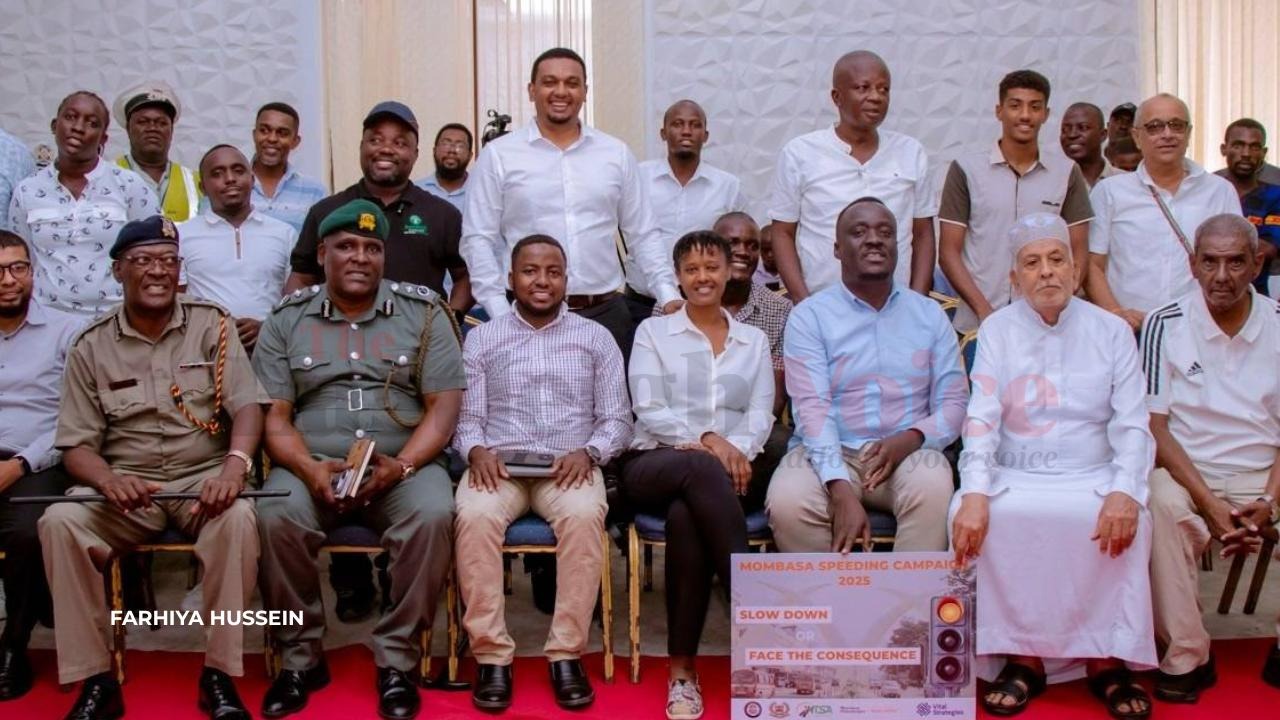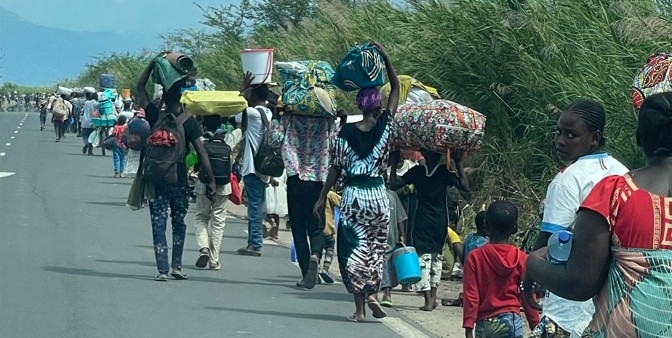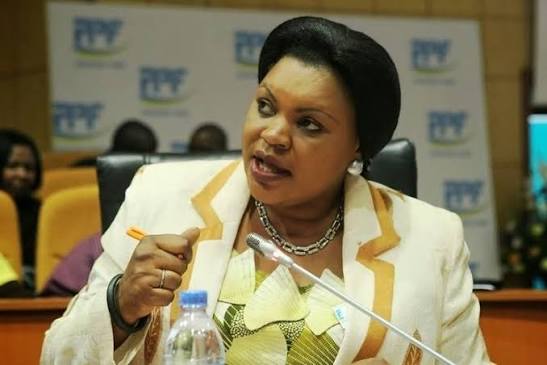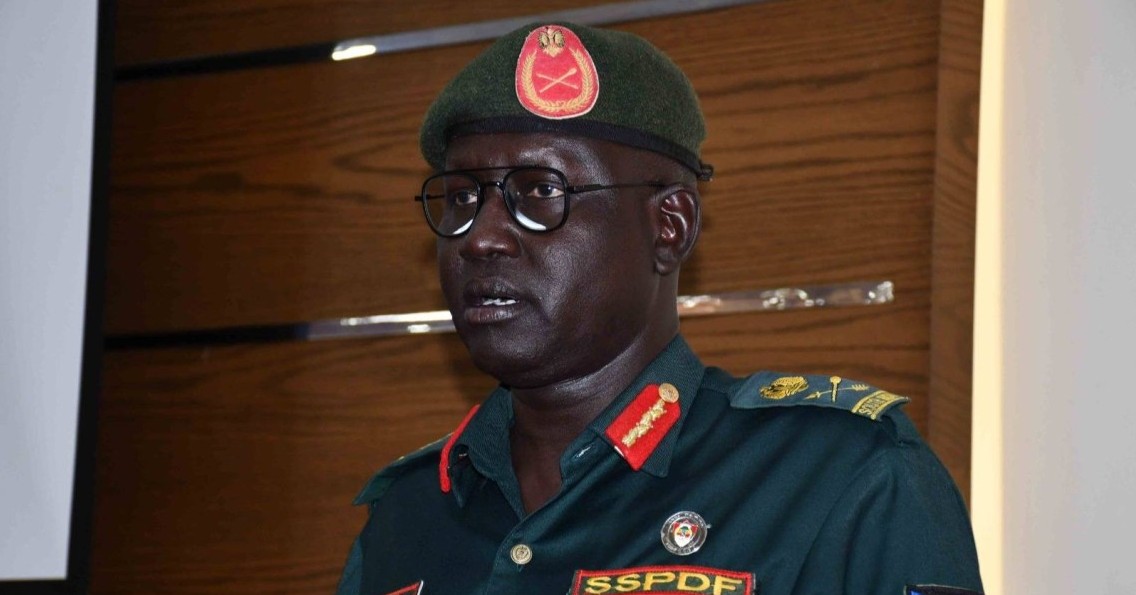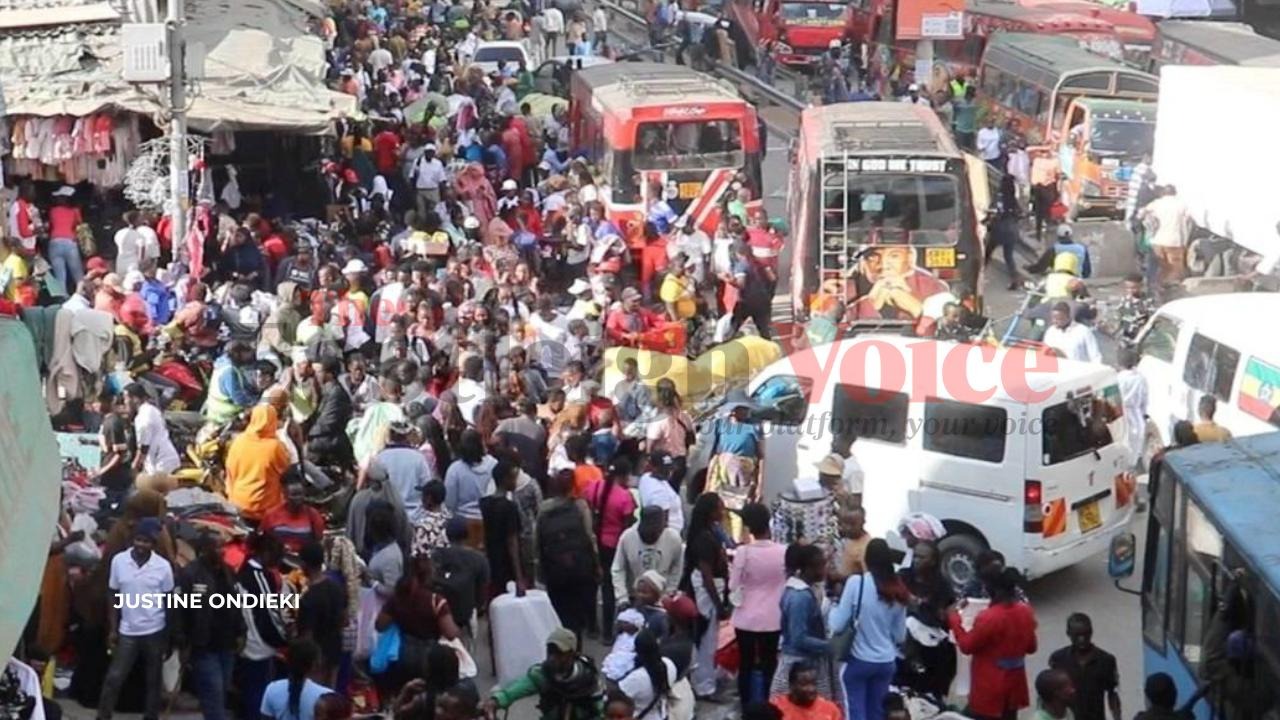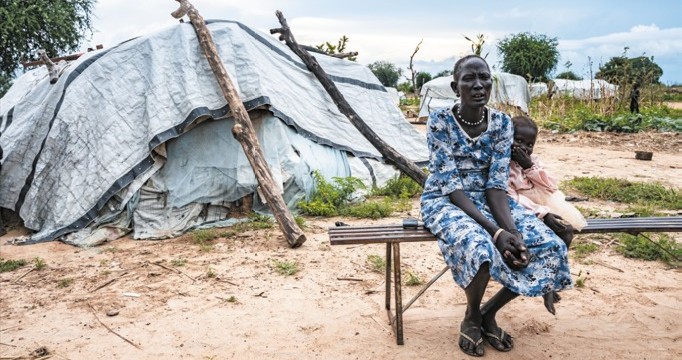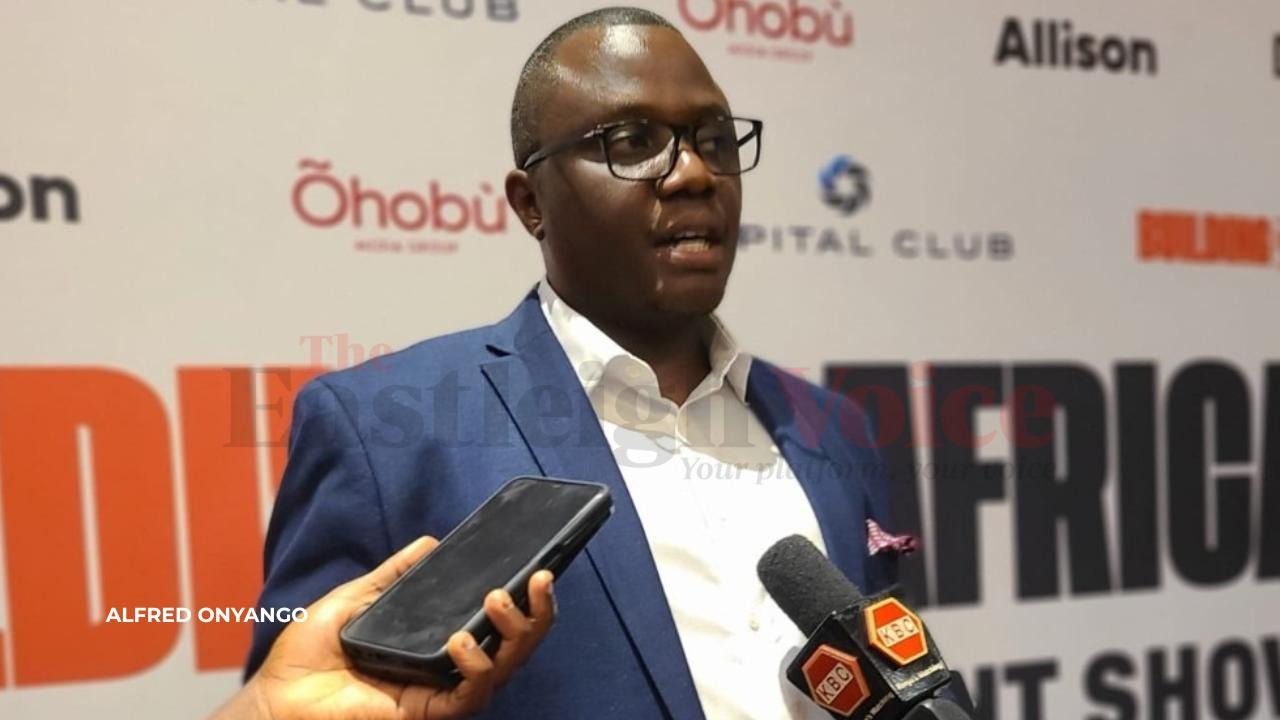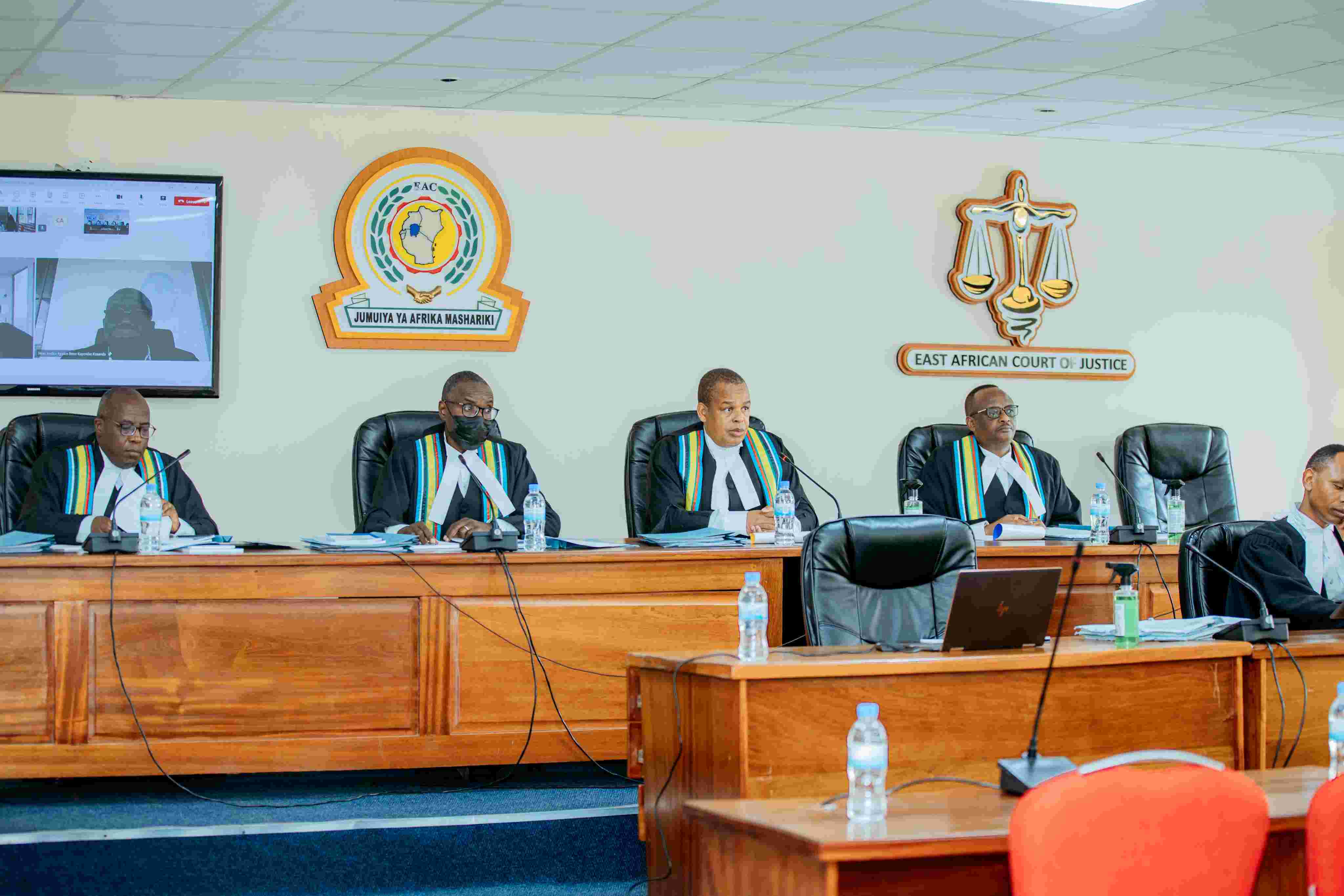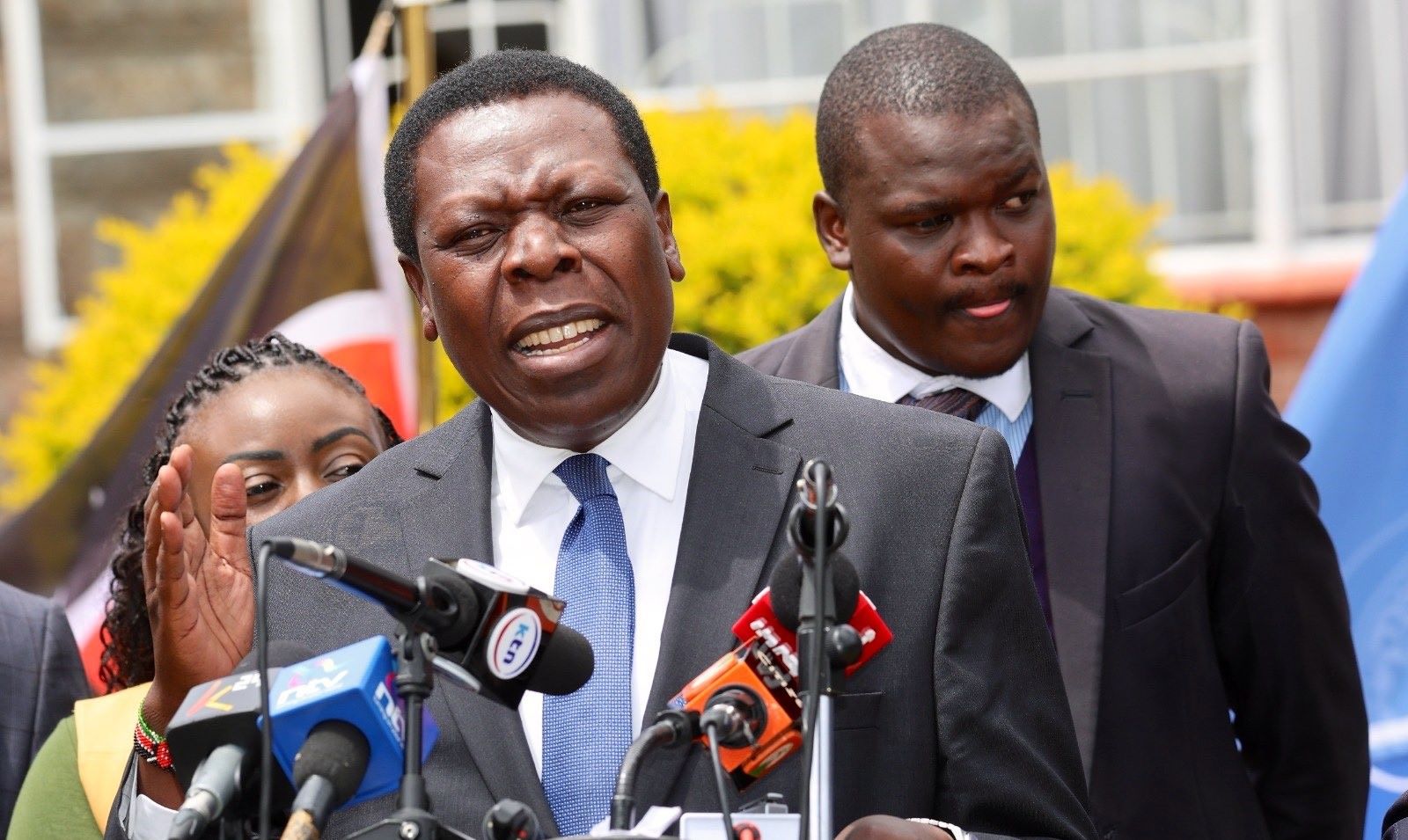I had power to shut down media during anti-govt protests - Ruto says
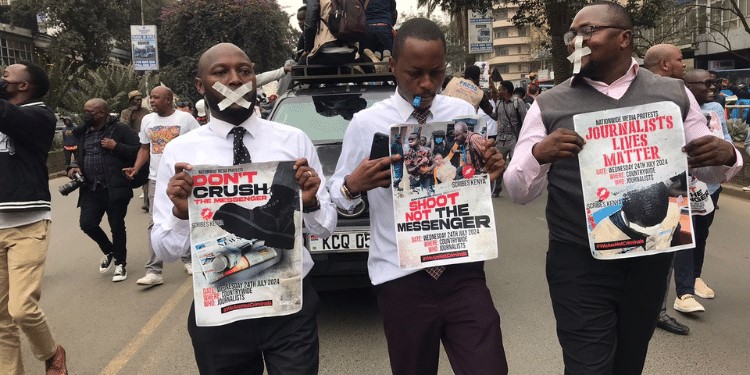
"In Bangladesh, for example, they switched off the internet and TVs. Kenya is running full steam," Ruto stated.
President William Ruto has revealed that he had the authority to shut down media outlets across the country during the recent anti-government demonstrations but chose not to exercise this power.
Speaking on Sunday during the Presidential Town Hall in Mombasa, Ruto said that, unlike other countries where media outlets are restricted during similar situations, he has let media outlets in Kenya continue operating normally.
More To Read
- IGAD launches new guide to boost media and civil society efforts in combating extremism
- IEBC proposes shared broadcast signal to restore trust in 2027 polls
- Kenya adopts new media code, ushering in stricter AI and child protection rules
- IEBC calls on media to help rebuild trust in electoral system
- Press freedom under fire: Ethiopian police raid ‘Addis Standard' offices, detain journalists
- Media fraternity in grief after sudden deaths of CGTN’s Mudimba and KBC’s Parsayo
He added that he refrained from following the same route since he is committed to the rule of law and press freedom.
"I am a great believer in the Constitution, and I will protect it. Many countries have gone through what Kenya has gone through. In Bangladesh, for example, they switched off the internet and TVs. Kenya is running full steam. The internet is available every day. People are talking all over the place, newspapers are writing whatever they want, and the TV has four screens and is showing what is happening in different places. What further freedom would you ask from me?" He posed.
He continued, "I have the machinery to switch them off. I did not switch them off because I am a believer in the rule of law and free media. That is why the media can go out and demonstrate, call me names, and do whatever they want. It doesn’t bother me. But that is what freedom and democracy is all about."
His remarks come amid complaints from journalists and media outlets about government threats to shut down their operations in an attempt to prevent coverage of the anti-government protests.
Additionally, there were also claims that the Speaker of the National Assembly, Moses Wetang'ula, had barred some journalists from covering proceedings following the deadly June 25 anti-government demonstrations, where protesters stormed Parliament buildings.
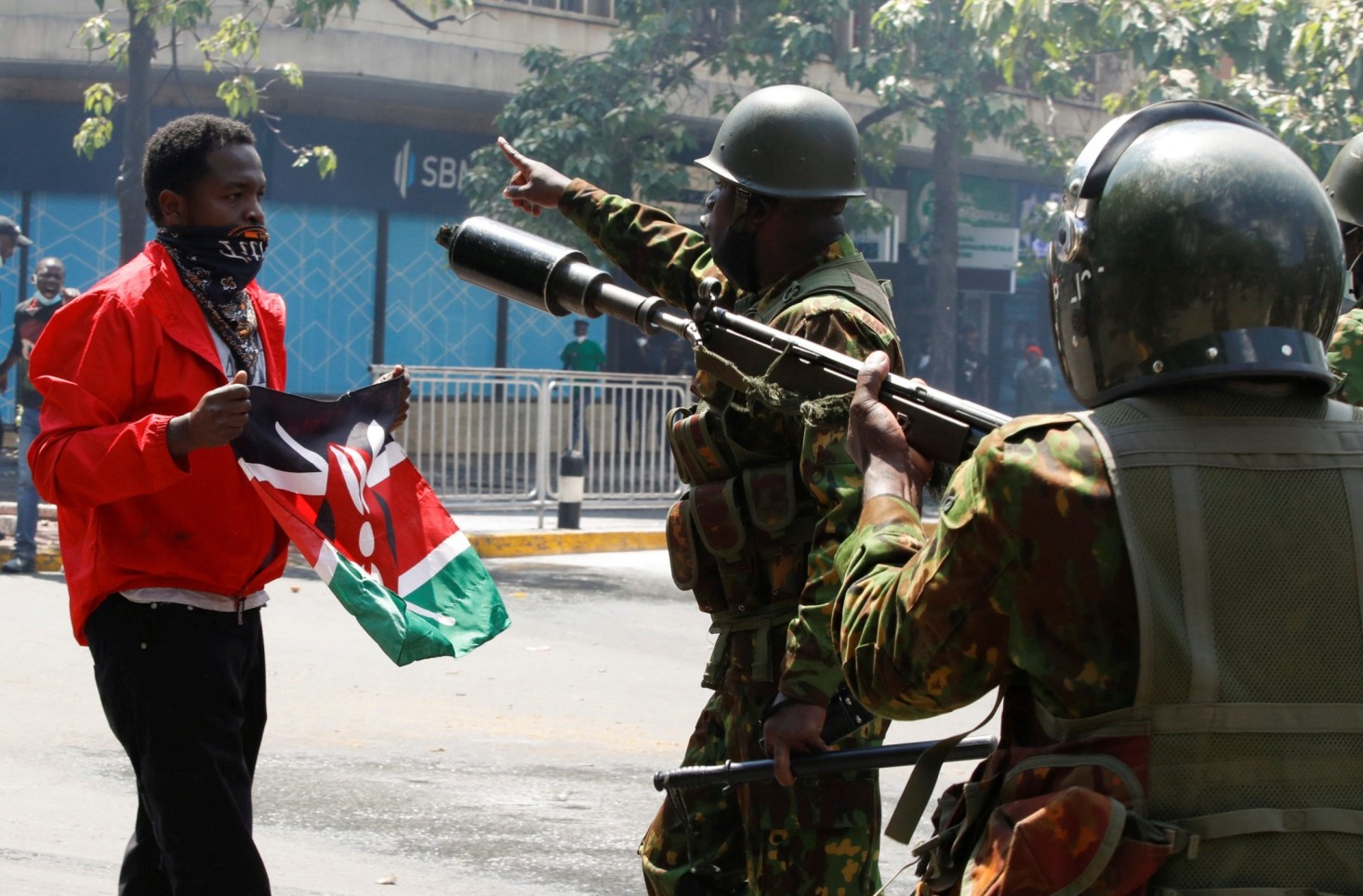 Police officers argue with a protestor during a demonstration against Kenya's proposed finance bill 20242025 in Nairobi, Kenya, June 25, 2024. (Photo: REUTERS/Monicah Mwangi)
Police officers argue with a protestor during a demonstration against Kenya's proposed finance bill 20242025 in Nairobi, Kenya, June 25, 2024. (Photo: REUTERS/Monicah Mwangi)Police officers argue with a protestor during a demonstration against Kenya's proposed finance bill 20242025 in Nairobi, Kenya, June 25, 2024. (Photo: REUTERS/Monicah Mwangi)
While defending himself, Wetang'ula noted that access to the main Parliament building was restricted owing to the extensive damage witnessed. He said the restriction was also intended to allow an insurance company to access the damage and initiate repairs.
The threats and restrictions prompted journalists to take to the streets on July 24, 2024, to protest the heavy-handed government tactics to stifle media freedoms, including police attacks during the month-long demonstrations.
Some of the journalists harassed by the police during the protest period include Kameme TV Reporter Catherine Wanjeri, who was shot in the thigh, Hanifa Adan from The Eastleigh Voice, who was arrested and frustrated online in coordinated cyberbullying attacks and K24s Joel Chacha who was hit by a tear gas canister on the leg.
Veteran Daily Nation journalist Macharia Gaitho was also kidnapped and later released after police apologised for apprehending him on a case of mistaken identity.
During their march, journalists called for accountability over the illegal shootings, beatings, abductions, and harassment of their colleagues.
They also presented their grievances, including an end to media censorship and unrestricted access to information, at the Office of the Inspector General of Police, the National Assembly, and the Ministry of Information, Communication, and the Digital Economy.
Kenya Union of Journalists Secretary General Eric Oduor called on President Ruto to fire Information, Communication, and the Digital Economy's Principal Secretary, Prof Edward Kisiangani, as he reorganises his government in line with protesters' demands for accountability.
"We need a better PS who can sit and listen to us so that we can be able to address issues such as policy and legislation and have a strong media," Oduor said.
Top Stories Today
Reader Comments
Trending
